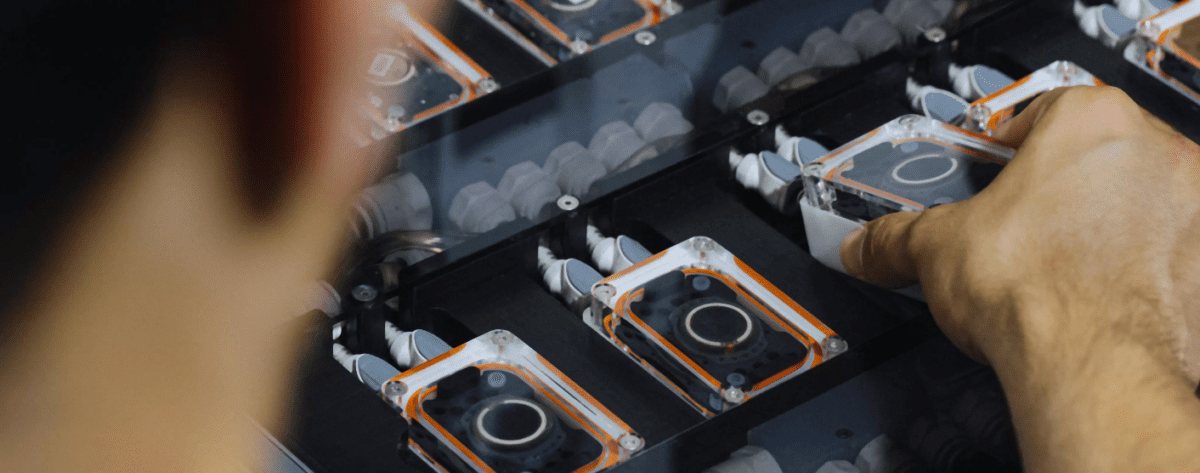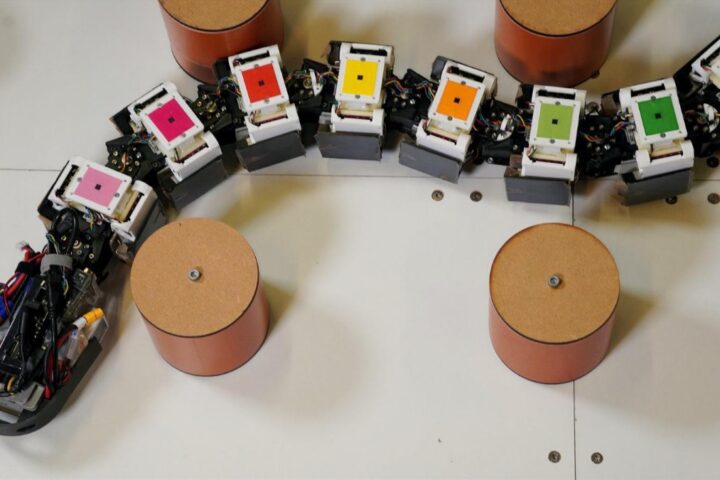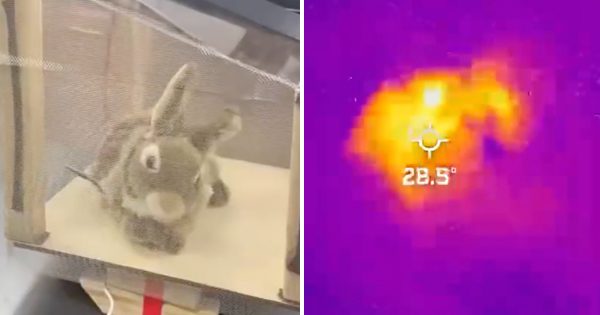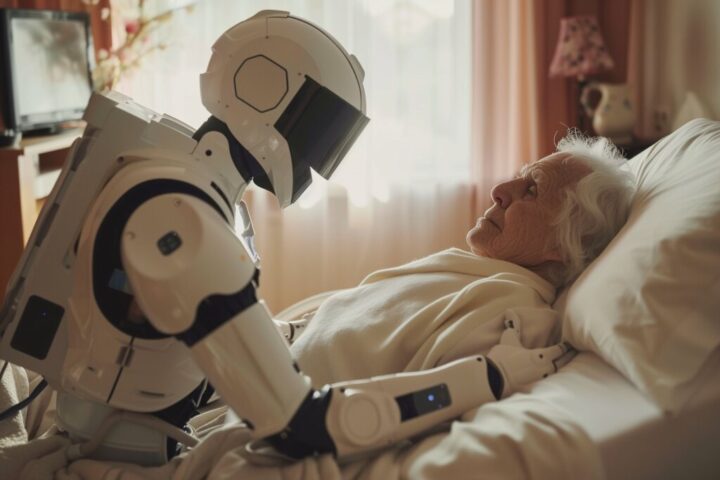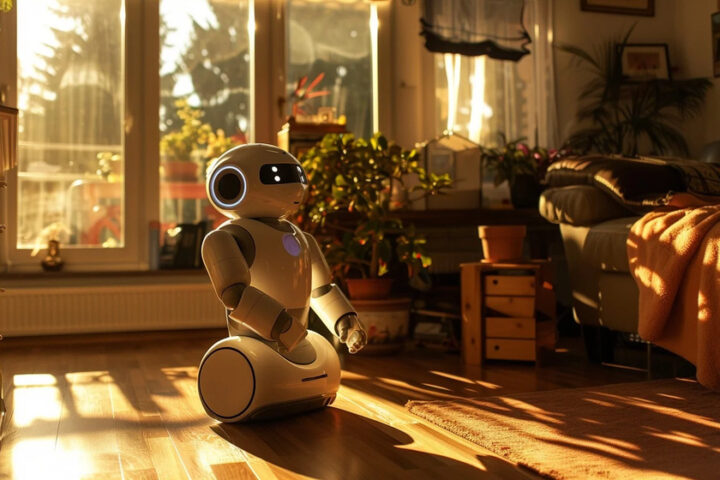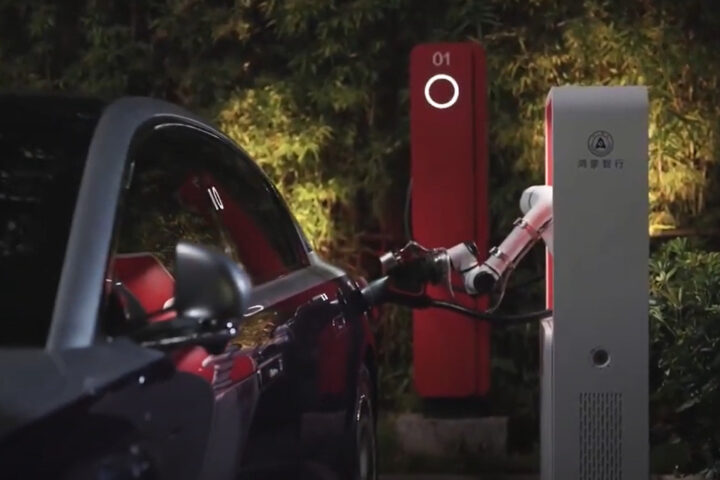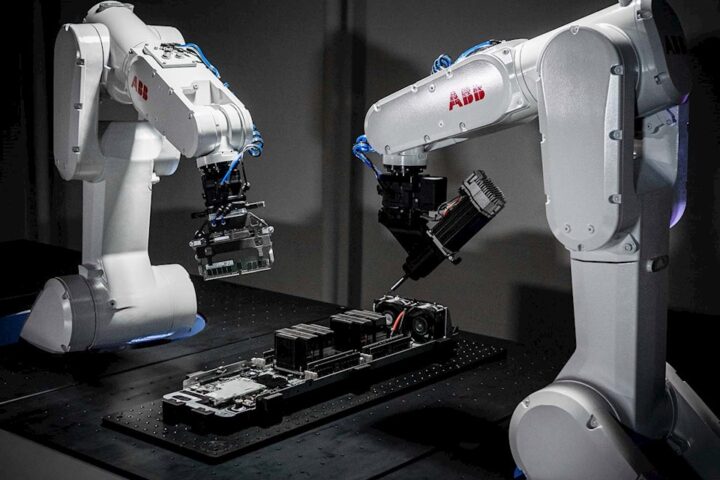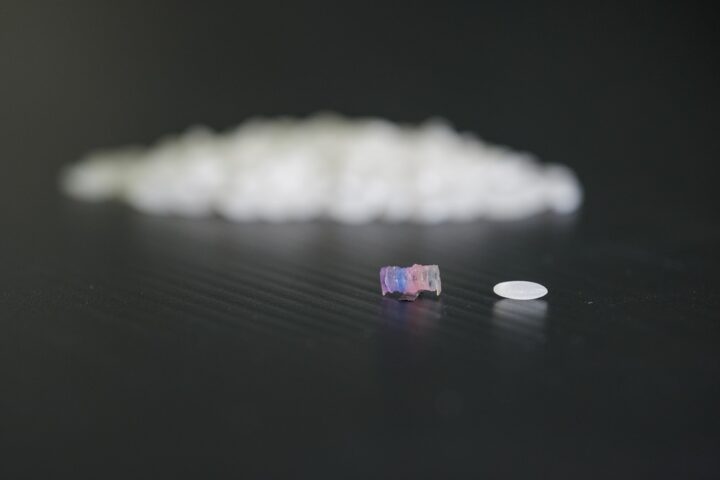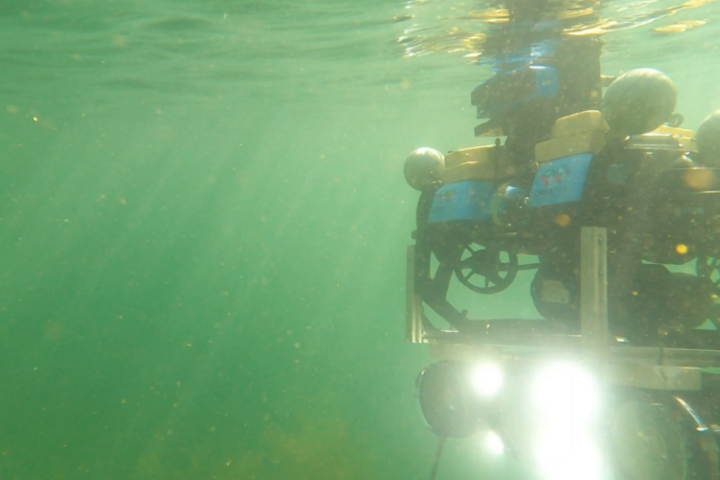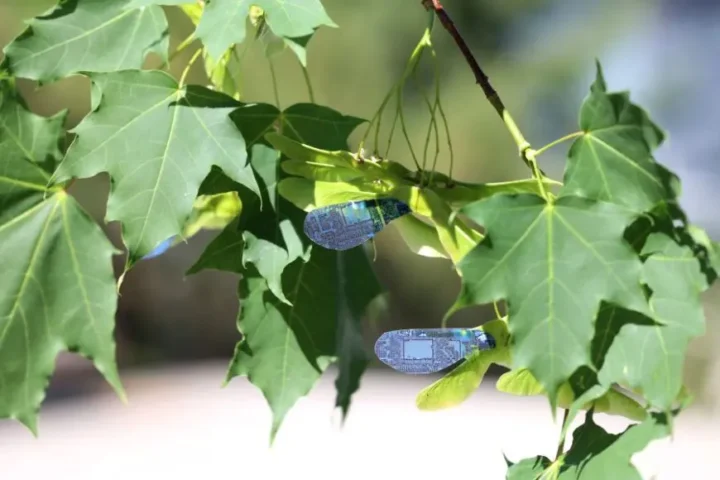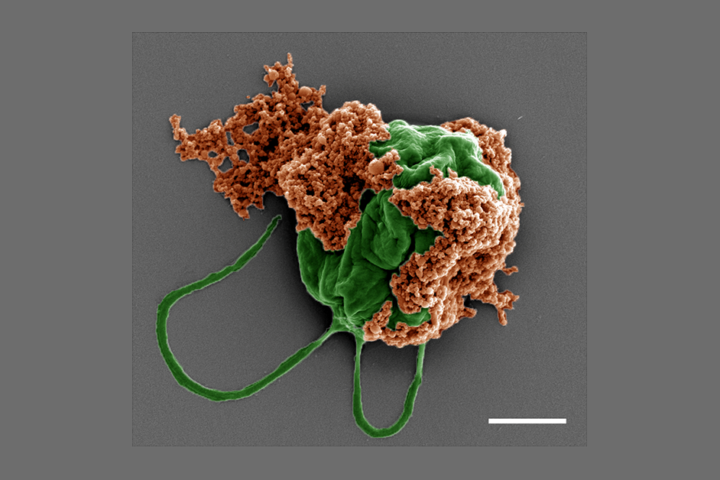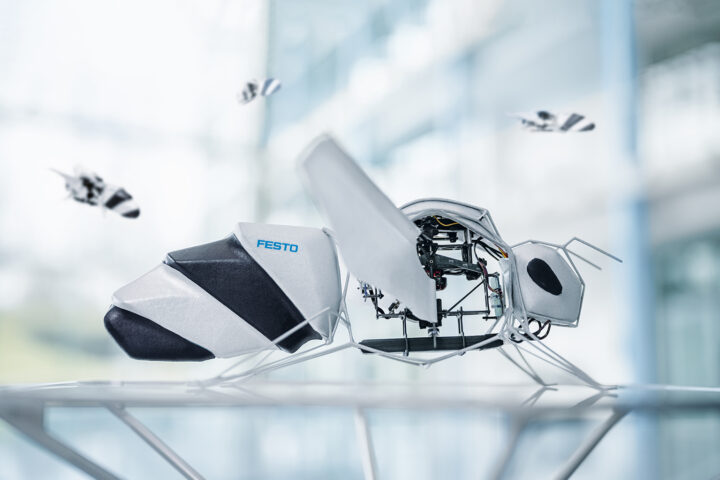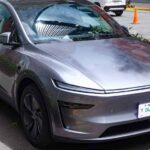Elon Musk announced that Neuralink, his neurotechnology company, successfully implanted a second brain chip in a patient, marking another significant milestone in its mission to help people with paralysis control electronic devices with their minds. He made the announcement months after doing so with Noland Arbaugh, who suffers from a spinal cord injury and, thanks to the Telepathy device, can control electronic devices without needing to make any physical movements.
The second implant was performed on a patient with a spinal cord injury, similar to the first subject who was implanted. This patient, a 28-year-old, also has a spinal cord injury, and there are already 400 electrodes of the brain chip that are functioning correctly.
Musk confirmed the news on Lex Fridman’s podcast, episode 438, titled “Elon Musk: Neuralink and the Future of Humanity,” in a relaxed conversation lasting over eight hours, during which the magnate gave few details about the surgical procedure. “I don’t want to jinx it but it seems to have gone extremely well with the second implant. There’s a lot of signal, a lot of electrodes. It’s working very well.” he celebrated. According to Musk, the implant has 400 functional electrodes that provide clear and robust signals. Although the exact date of the surgery was not specified, Neuralink is expected to implant devices in eight additional patients this year as part of its clinical trials, for which there has been no shortage of volunteers.
This second success story did not come without setbacks. In May, several connection threads of Noland Arbaugh’s brain chip separated, and although it posed no risk to his health, it hindered the patient’s data speed and effectiveness. They were able to resolve it with some software adjustments, Musk detailed. A few weeks later, in June, the neurotechnology company attempted to implant the chip in another patient, but the operation was halted due to a medical complication with the patient, leading Neuralink to conclude that they were not suitable for this type of procedure.
The Neuralink device is not only a technological marvel but also a transformative tool for the daily lives of patients. Arbaugh, before receiving his implant, relied on a stick in his mouth to interact with a tablet. Now, thanks to the Neuralink chip, he can control a computer simply by thinking about the actions he wants to perform. This technology has given him a significant degree of independence, reducing his reliance on caregivers. Musk highlighted in the podcast that Arbaugh has improved his world record for controlling a cursor with just his thoughts, even with a relatively low percentage of electrodes functioning correctly.
Similar Posts
The success of these implants marks a crucial advance for Neuralink and neurotechnology in general. These developments not only demonstrate the potential of BCIs to transform the lives of people with disabilities but also open the door to broader future applications, such as treating other neurological conditions and expanding human capabilities through technology. The magnate hopes that this technology can eventually cure neurological disorders and enhance natural senses, such as vision, giving people a sort of enhanced abilities. The essence “is to give people superpowers” he expressed.
Neuralink is moving forward cautiously but determinedly, continuing its clinical trials and refining its technology. The company, and Musk in particular, are aware of the challenges and responsibilities that this innovation entails, but the optimism is palpable. With each success, Neuralink moves closer to its goal of merging the human brain with artificial intelligence, a vision that Musk has advocated for years.
